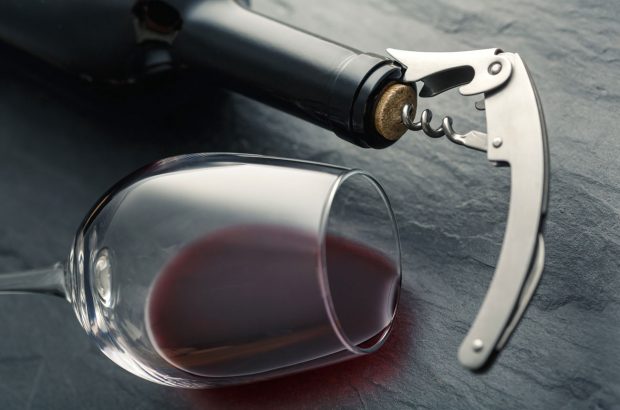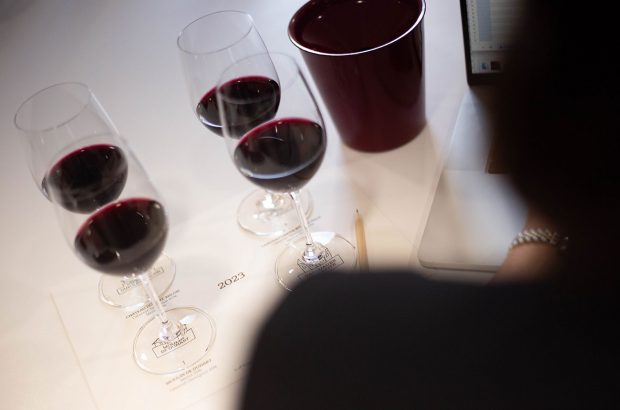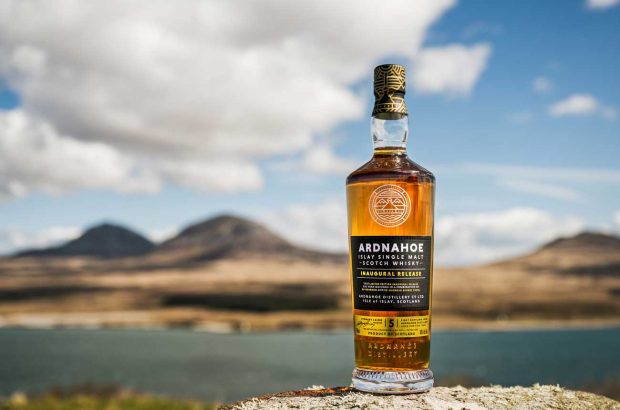The famed 47-hectare walled vineyard of Chateau Latour, known as L'Enclos, has converted entirely to organic farming for the 2015 vintage.
A horse ploughing between the vines at Chateau Latour.
Chateau Latour, where a horse can often be seen ploughing the vineyard, has nearly doubled its previous surface area of organic vineyards in just two years.
The programme for introducing organic farming at the Pauillac First Growth began in the 1990s, when all chemical weedkillers were stopped.
‘From the 2015 vintage growing season, 100% of L’Enclos is now organic, and 50% is farmed biodynamically,’ Jean Garandeau, marketing director of Latour, told Decanter.com.
Figures from certification body Agence Bio show that organic certified vineyard land in France increased by 22% in 2013 versus 2012, to just over 49,000ha – although there was a 37% drop in the area of land under conversion.
The vines within Latour’s L’Enclos are no longer systematically used for the Grand Vin, with certain plots going into second wine Les Forts de Latour, while other plots are used from outside the historic vineyard for both Forts and the third wine Pauillac de Chateau Latour. The estate now counts 90 hectares in total, up from 87 hectares in 2013.
Latour reintroduced horses for ploughing in 2008. If any plots are uprooted today, the soil is left for a minimum of five years to regenerate before new planting, while natural methods of crop protection are routinely used, from insect hotels to sexual confusion, with no herbicides to maintain the soils, the estate said.
Biodynamic experiments were begun in 2009 over an area of three hectares. By 2013 that had spread to one third of L’Enclos, with treatments carried out per plot. The estate produces organic soil improvers on-site from composting a blend of crushed vine cuttings, green waste and manure, while biodynamic infusions of nettles, red-osier dogwood, yarrow and chamomile are applied in line with the lunar calendar.
Separately, the building works for the new underground cellar have also now been completed, finished in September 2014.
See also:
Written by Jane Anson in Bordeaux





